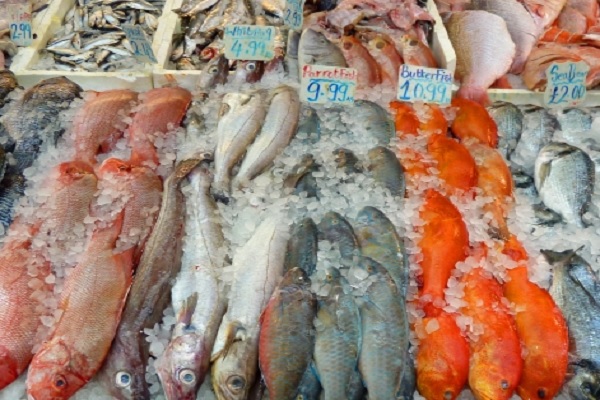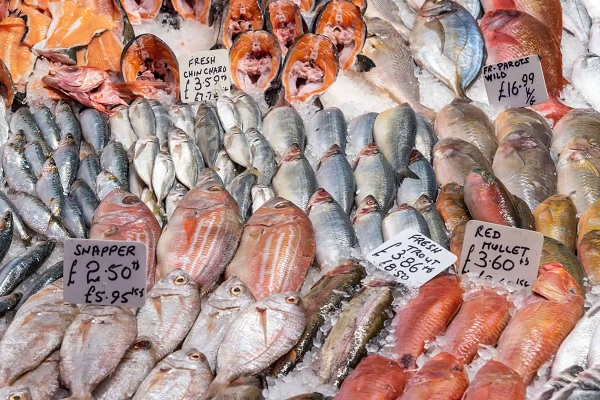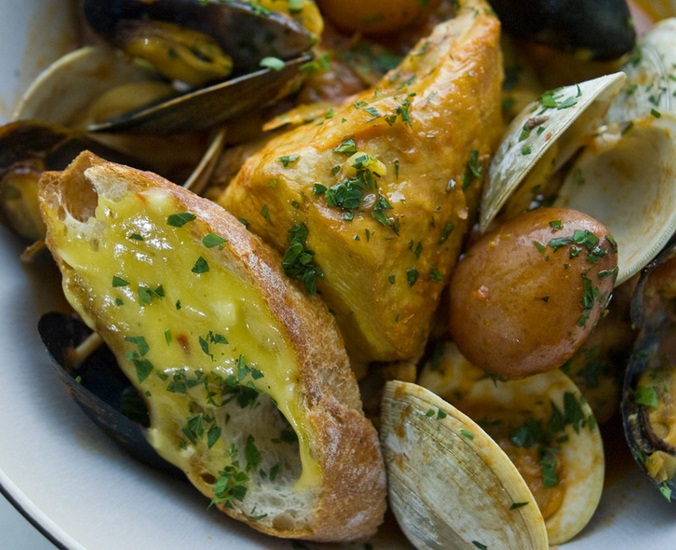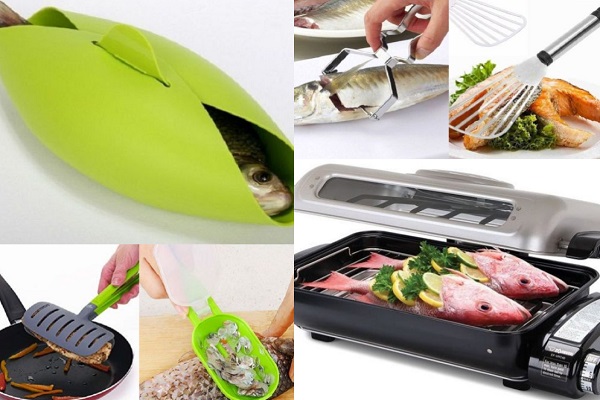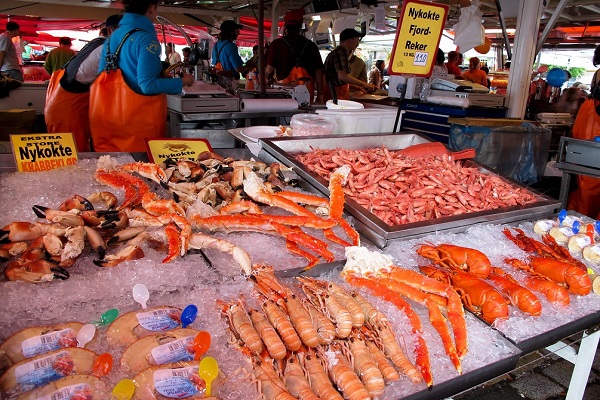
This article will explore the top ten best fish markets globally, delving into their names, locations, and unique features. Fish markets are hubs where seafood is bought and sold, serving not only as marketplaces but also as food streets, offering a variety of oceanic fare. Nearly 3.5 billion people worldwide rely on the oceans as their primary food source. Seafood is a nutritional powerhouse, rich in proteins vitamins A and D, and is recommended by doctors as a part of a balanced diet, particularly for infant brain development.
Unfortunately, some anglers cultivate fish in artificial environments that may not benefit consumers’ health. Marine pollution, another concern, introduces toxic elements that can harm both marine life and humans, affecting brain and nervous system development. Therefore, caution is advised when purchasing seafood.
Below is a list of the top ten fish markets around the world, known for their quality and variety:
Tsukiji Fish Market, Tokyo, Japan
Tsukiji Fish Market is the world’s largest and most esteemed fish market, located in central Tokyo. While tourists are restricted from the inner wholesale market, they can still enjoy fresh, top-quality seafood in the outer retail market and adjacent restaurants. The market operates from 3 a.m. to 7 a.m., after which the seafood is distributed to various retail shops. There are plans to relocate the market in the future.
Mercado de la Nueva Viga, Mexico City, Mexico
As the largest fish market in Mexico and the second-largest globally, Mercado de la Nueva Viga handles around 1500 tons of seafood daily, trading approximately 300 types of fish, including 100 imported varieties. The market faces competition from foreign seafood, particularly due to a free trade agreement with China, impacting local seafood consumption.
Sydney Fish Market, Sydney, Australia
Trading in over a hundred species, Sydney Fish Market offers a diverse range of high-quality seafood. Established in 1945 by the Australian government and privatized in 1994, it is the largest market in the Southern Hemisphere, featuring fresh seafood, fruits, vegetables, gift and flower shops, and seating areas for visitors.
Billingsgate Market, London, United Kingdom
Billingsgate Market, once the world’s largest fish market in the 19th century, remains the UK’s largest inland seafood market. Traders are required to hold licenses to operate within this renowned market, which supplies a wide array of seafood, some of which come from Aberdeen seaport.
Hamburg Fish Market, Germany
Ranked fifth globally, Hamburg Fish Market trades in seafood, exotic fruits, and tea every Sunday from 5 a.m. to 9 a.m. Despite its brief operating hours, the 300-year-old market, featuring a historic auction house, attracts locals and tourists.
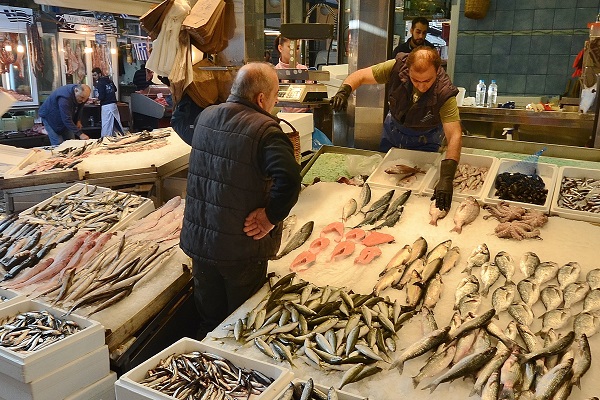
Busan Cooperative Fish Market, Busan, South Korea
As the largest fish market in South Korea, contributing to nearly 30% of the country’s seafood industry since its opening in 1963, Busan Cooperative Fish Market is renowned for its quality produce, particularly Yellowtail.
Feskekorka, Gothenburg, Sweden
Feskekorka, an indoor fish market established on November 1, 1874, houses a restaurant known for its seafood variety. It is a tourist spot and ranks as the seventh-best seafood market globally.
Fulton Fish Market, New York, USA
Situated in Hunts Point, Bronx, and established in 1822, Fulton Fish Market is the second-largest fish market in the USA. Governed by US regulations on seafood pricing, the market has gained media attention, with features on BBC and references in songs.
Aberdeen Seafood Market, Aberdeen, Hong Kong
Located in the floating village of Aberdeen, this well-known market supplies a third of Hong Kong’s seafood. The inhabitants, living on boats and engaging in fishing, offer quality seafood through boat-based restaurants to meet the high demand from tourists and locals.
Taipei Fish Market, Taipei, Taiwan
Recognized as the largest fish market in China, Taipei Fish Market in Zhongshan District meets local demand and exports seafood. Initially a traditional market, it was modernized by the Mitsui Food and Beverages Enterprise Group, securing its place as a global top fish market.
These markets, providing a diverse array of fresh, high-quality seafood, play a pivotal role in the global seafood industry. However, the increasing water pollution, primarily caused by industrial waste disposal into the seas, poses significant risks to marine life and human health. Governments worldwide must enforce regulations ensuring the quality and safety of seafood.
